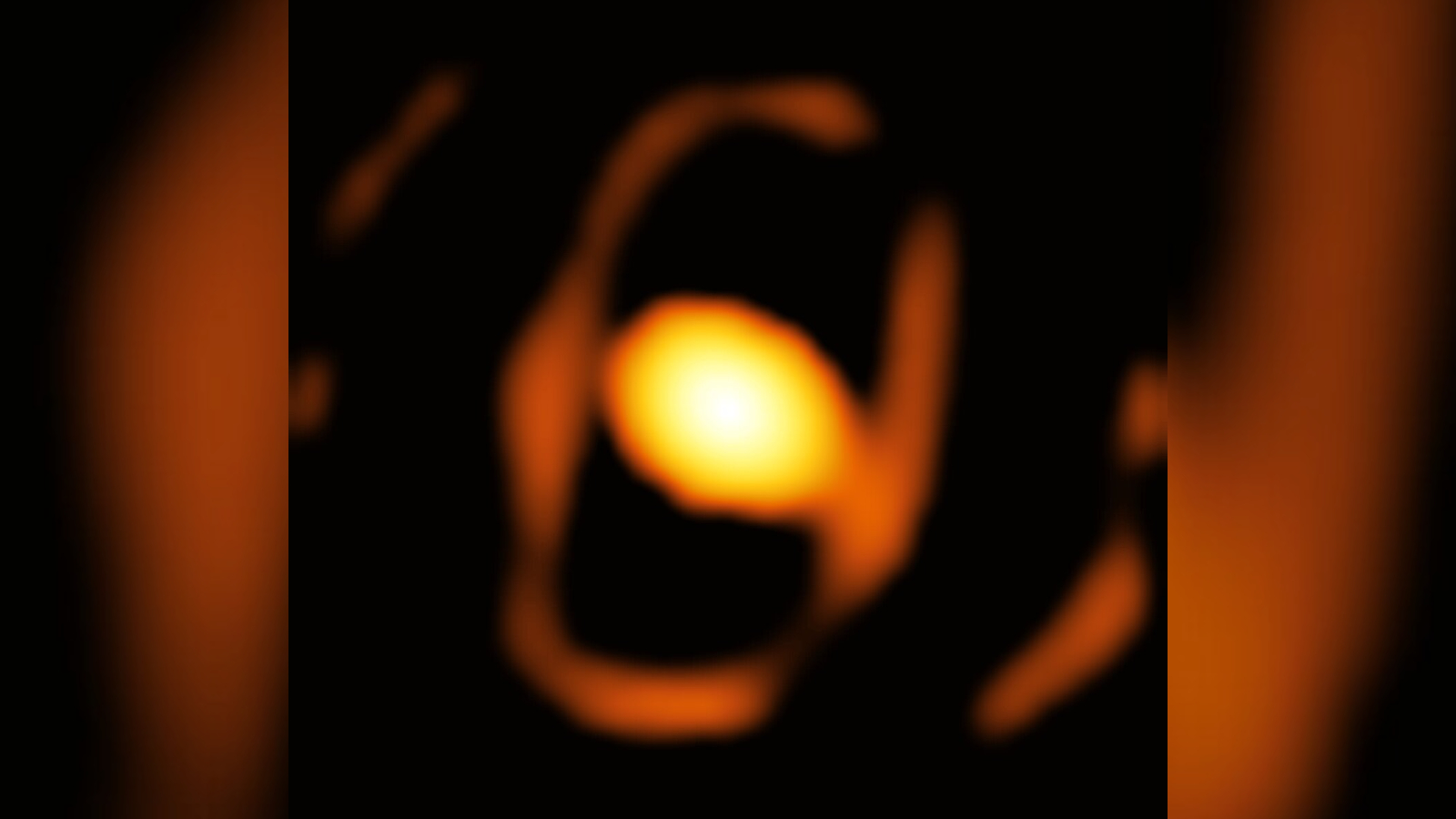New Smartphone App Helps Shoppers Make Greener Food Choices

Get the world’s most fascinating discoveries delivered straight to your inbox.
You are now subscribed
Your newsletter sign-up was successful
Want to add more newsletters?

Delivered Daily
Daily Newsletter
Sign up for the latest discoveries, groundbreaking research and fascinating breakthroughs that impact you and the wider world direct to your inbox.

Once a week
Life's Little Mysteries
Feed your curiosity with an exclusive mystery every week, solved with science and delivered direct to your inbox before it's seen anywhere else.

Once a week
How It Works
Sign up to our free science & technology newsletter for your weekly fix of fascinating articles, quick quizzes, amazing images, and more

Delivered daily
Space.com Newsletter
Breaking space news, the latest updates on rocket launches, skywatching events and more!

Once a month
Watch This Space
Sign up to our monthly entertainment newsletter to keep up with all our coverage of the latest sci-fi and space movies, tv shows, games and books.

Once a week
Night Sky This Week
Discover this week's must-see night sky events, moon phases, and stunning astrophotos. Sign up for our skywatching newsletter and explore the universe with us!
Join the club
Get full access to premium articles, exclusive features and a growing list of member rewards.
A new smartphone application aims to help eco-conscious consumers make greener choices at the grocery store.
Created by four young designers, the Augmented Living mobile app, or "AUG" for short, recently won first prize in the Consumer Electronics Association's (CEA) annual Greener Gadgets Design Competition held in New York.
To use the app, users use their mobile device's camera to scan the barcode on a food item. This calls up details about the product on their cell phone's display. The information could include the location of the farm where it was raised or grown, as well as its nutritional value, pricing history and other data.
Shoppers could also receive promotional information and rewards for purchasing an AUG-assigned product.
"The augmented living goods program provides a stream of producer information which enables shoppers to make a more informed buying decision," John Healy, a former student at the Savannah College of Art & Design in Georgia, told TechNewsDaily.
Healy has plans to build the app to suit multiple mobile phone systems, including versions for the iPhone, Android phones and Microsoft's new version of Windows Mobile scheduled for launch in the fall of this year.
Healy designed AUG with his former classmates, Shane Blomberg, Seth Laupus and Andrew Reeves.
Get the world’s most fascinating discoveries delivered straight to your inbox.
"At this point in time, mobile technology makes information digestible on-the-go, so the climate is right for a program such as AUG to lift the cloud between producers and consumers," Healy said.
Greener Gadgets conference attendees agreed. While judges weighed in on the finalists, the people at the show determined the winner.
The National Grocers Association annual study of U.S. shoppers' grocery buying habits confirms interest in organic produce is at its highest level ever. The study found that more than 60 percent of people said organic products matter in the stores they frequent, and more than 90 percent regarded high quality fruits and vegetables as "very important."
The study also showed more interest in nutrition and health information. Forty percent of shoppers rated the availability of this type of information as a "very important" store trait — a six percent increase over last year's results.
AUG could give shoppers access to this information as they're wandering down store aisles. Healy said his team hopes to make AUG widely available to consumers soon, but timing will depend on additions to the barcode system and funding.
"We are looking into funding options and hope to test the idea in a few different markets within the year," he said.
 Live Science Plus
Live Science Plus






